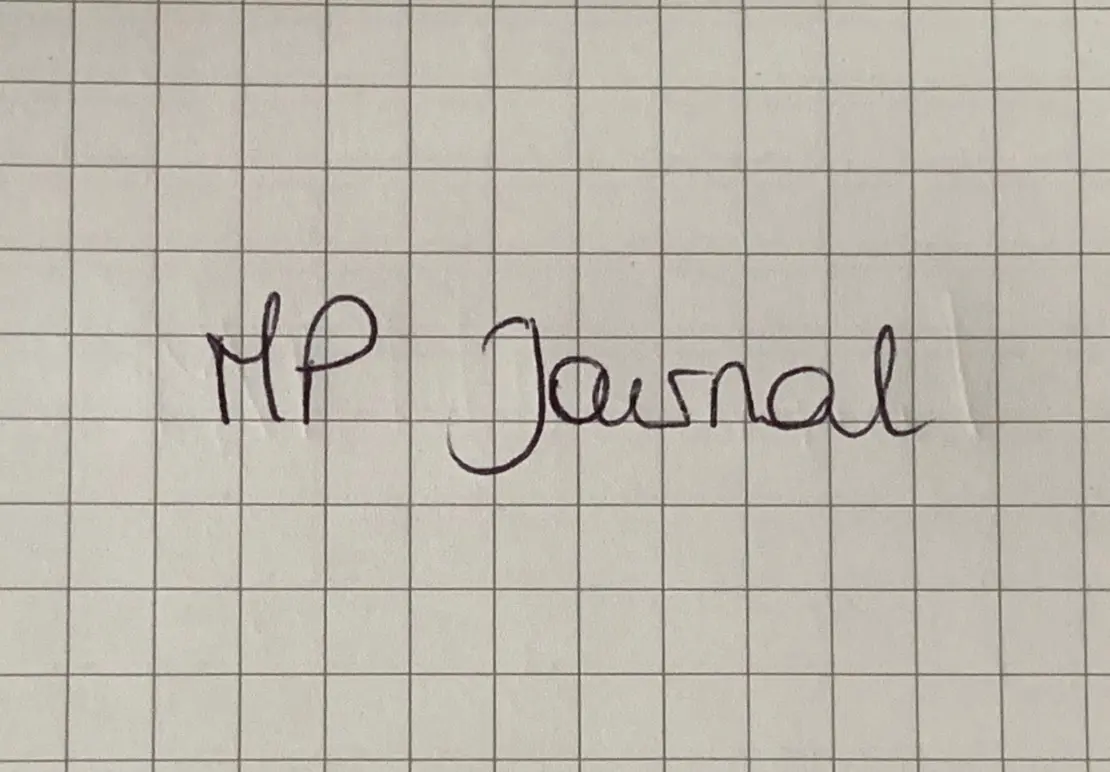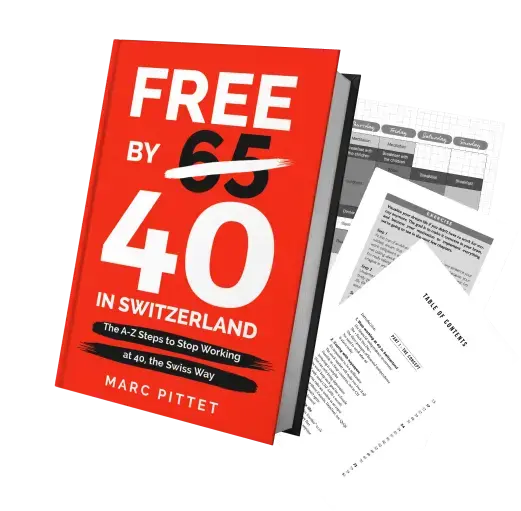The last book I read back in May dramatically changed my life in 9 ways.
When I say dramatically, I mean it! I’ve gone through the action points right now and all of them are still applicable to my actual life five months afterwards. Quite amazing honestly. Highly recommended reading!
While this “Essentialism” methodology provided me the basic framework to re-focus my life on the truly meaningful stuff, The ONE Thing made me think bigger about these very specific things.
I’ve written down 6 action points that I took away. Hopefully they can inspire you.
“Essentialism” re-focus your life on the meaningfull things. “The ONE Thing” make you think (way) bigger about these things.
1/ Apply Pareto law to your todo-lists
If you’ve read Getting Things Done, you might face the same challenge than me: it’s cool to have a free mind as you input all your thoughts in a todo-list. The problem with this is that you get growing todo-lists. And when review time is coming every Friday, it starts to feel like pollution even though these todos are in the “Someday” category (control freak me? Naa… Yeaah…).
This book helped me to apply the Pareto law to my todo-lists by keeping only the 20% that will bring me 80% of the results.
I remember our Canada summer holiday; I was in our cosy Airbnb and I opened my Things iPhone app and started to check every todo: “Is this part of the 20%?”. This was liberating. Literaly. After reducing by two third my lists, it got cut even more to its very essence.
That can sound like an easy one shot advice but don’t get me wrong, even I have to train and force myself to think through this principle again and again as sometimes after some weeks, clutter potentially comes back.
2/ Look at your inbox only at 8:45am, 11am, and 4pm
This one I must admit I’ve had a hard time to stick to.
The idea is that once you’ve got your ONE thing identified, then everything else will be easier or unnecessary. Which means you have to focus on this thing and nothing else.
For that to happen, and I already read this advice in Tim Ferriss’ famous book, you allow yourself to check your inbox only two or three times a day.
In theory, this sounds easy (the rule, not doing it I mean). But my problem is that sometimes my ONE thing includes sending an email, or searching for a specific one (not talking about my inbox addiction here…).
How do you do these two actions without opening your Gmail inbox?
I’ve got you covered with two bookmarks!
The first one explains how to compose a new mail without opening the mailbox.
And the second one is about searching Gmail without opening your inbox.
Helpful, isn’t it?
3/ Do what matters most first when your willpower is strongest
What the authors explain in this chapter is that your willpower is like your iPhone battery life: not infinite… And you need to take care of this as such.
Did you ever come back home from a party with only 10% battery remaining?
What do you do in this case?
Indeed, you don’t use it to play Angry Birds and reserve it for emergency call to your wife in case you’d have an issue on the road.
That’s how one should behave with his willpower.
Contrary to what most people think, willpower doesn’t come at will…
Hence this advice to start each day with what matters most (not necessarily the hardest one) when your willpower is the strongest.
This explains why it’s 6:17am and I’m writing this blogpost since 5:15am!
4/ Focus on your ONE thing as long as it requires. Ignore the rest.
When your thing is defined, meaning it’s the most important step you have to take now, then you need to give it all the time it requires (i.e. something like 4-8h) and then go back to life (i.e. not work, real life).
The rest will be done later on or when you have time.
This can sound idealistic but you’ve to understand that it comes after you defined your ONE thing using the powerful question: “What’s the ONE Thing I can do to … / such that by doing it / everything else will be easier or unnecessary?”
I tell you, this is a very hard step and I’m still working on it, fighting against my multi-priorities habits.
5/ Never go too long/far without counterbalancing work with life
Gary W. Keller and Jay Papasan take some time explaining the importance of work/life counterbalancing.
You definitely can’t have (by definition) a perfect balance between work and life. And that’s not what you should aim for actually.
You should and must have hard period of work when you deliver the best of yourself towards your ONE goal. But, because there is but, you shouldn’t go too long neither too far without counterbalancing these hard sessions with real life: family, kids, friends and integrity.
It’s not 9-to-5 or 100h work week. There is clearly an in-between. You’ve to find it out as it really depends about your situation. What’s sure is that you can’t ignore your life because of your work. And vice-versa.
I can give you advices on this one if you need, as I constantly deal with a wonderful wife, two great children, one passionate work and one side-work passion (i.e. the blog you’re currently reading).
6/ Think big. No. Bigger! No but, really bigger!!!
When asking yourself the question “What’s the ONE Thing I can do to … / such that by doing it / everything else will be easier or unnecessary?”, you need to fill the three dots with a great question.
The greater the question is, the greater the answer will be.
The book explains that there are three categories of question: A/ Doable, B/ Stretch and C/ Possibility.
Let’s take my Financial Independence goal to show you how this works.
Level #A - Doable
I got into this category when I framed my question before starting this blog with something like “Become financially independent, someday”.
I knew I could do it. But didn’t check the “when” parameter at all.
Level #B - Strech
This type of question represents something that’s potentially achievable if you put some efforts into it.
For me, this step was reached when I got the final numbers computing from my financial advisor who told me: “49 years old is possible, 44, forget about it. I mean, except if you plan to get half of your salary as a raise in the coming years?”.
So my stretched question timeframe was “between 44 and 49” before reading this book.
I somewhat accepted it as it looked feasible and reasonable. Like an achievement in itself, I wouldn’t have to do too much more than nowadays to make it happen.
Level #C - Possibility
Then, I took this decision to travel West Canada and to read more books this year.
Authors says that there are people who accept ordinary, and there are high achievers who go for the extraordinary!
What would you choose? Better live a life where you leave something behind instead of living it with boredom, nope?!?
That’s where they start to explain that the answer is to be found completely outside of your comfort zone.
You need to analyze what exist, to check who did what already. What you find is representing the level #B. Because your level #C is above this!
It’s up to you to create it.
My answer to all this, you may wonder?
It was simple: “Thank you dear financial advisor, you showed me the way! No way 49. Fuck 44. My path is to be financially independent in Switzerland, by 40!” 1
Then I went to my Twitter account and I updated my profile accordingly, as a first step to shout this news to the world!
That’s it. The 6th action point is for me the toughest: I now need to study various ways to find my great answer. Will keep you posted.
And you?
Take a break now and think about what would be your (very) big thing.
The ONE thing that is more scarying than exciting you because it’d be so crazy if you would succeed at it. What is it?!?
I dare you to share it with us.
You know it will change your life to put your fingers to type these words.
It means you will get started! Please. Do it!
While linking my very first blogpost above, I realized that I already wrote this “possibility”: “I aim to have my life self-financed when reaching my 40”. The difference with the me of almost two years ago is that now, I know that this is a level #3 goal, and what it implies. ↩︎





Last updated: October 10, 2015